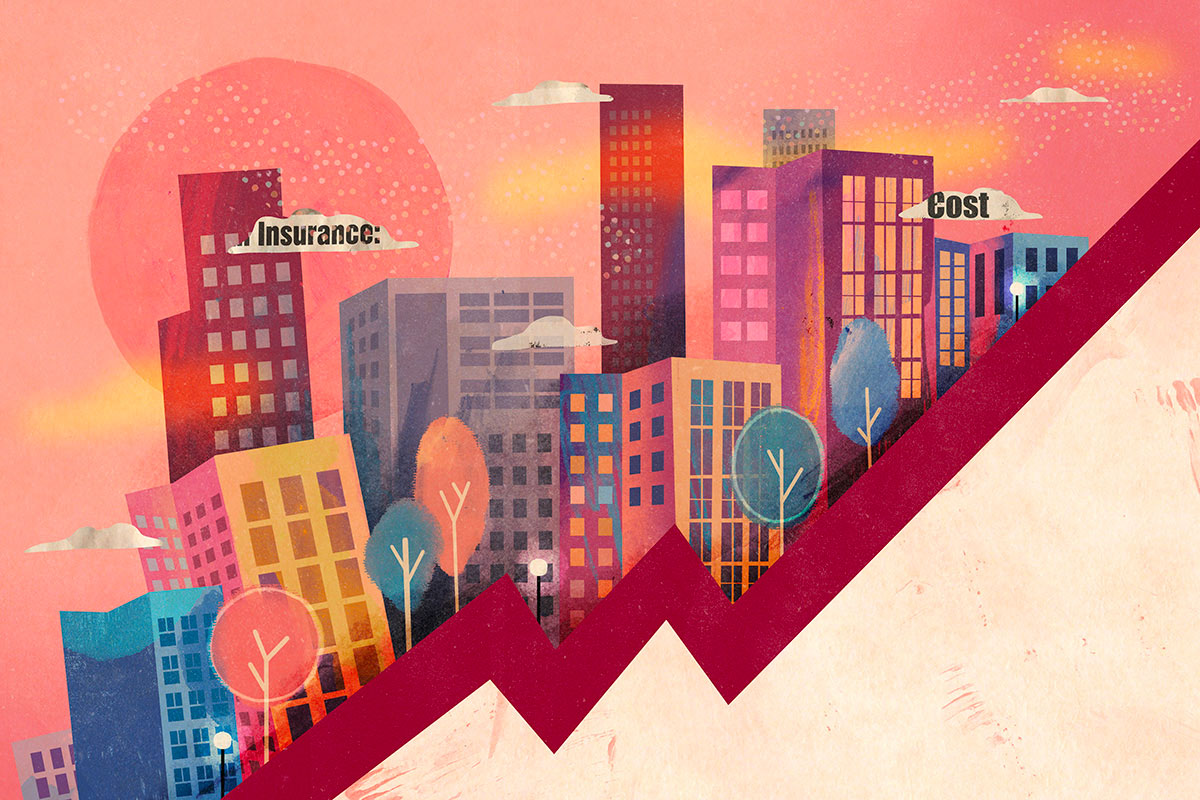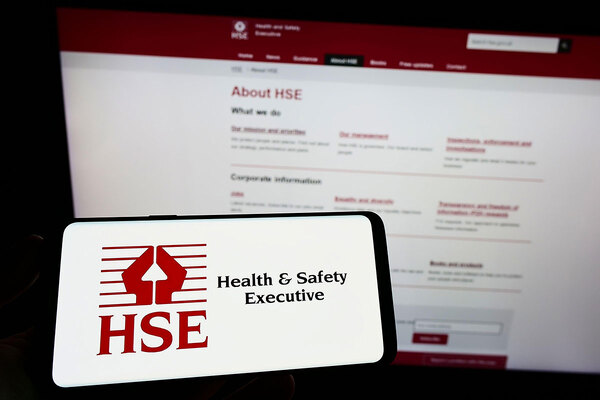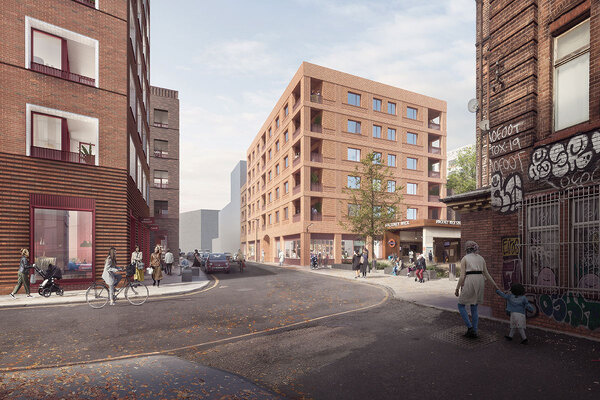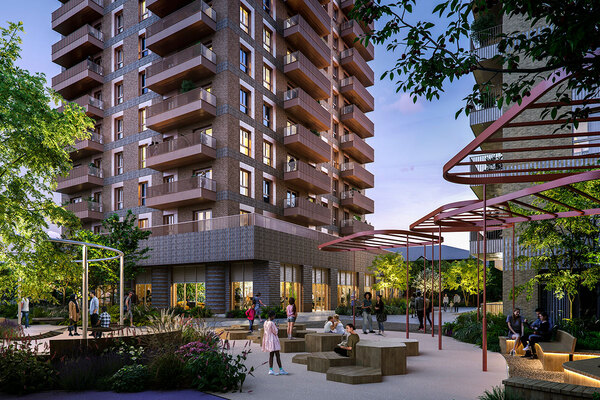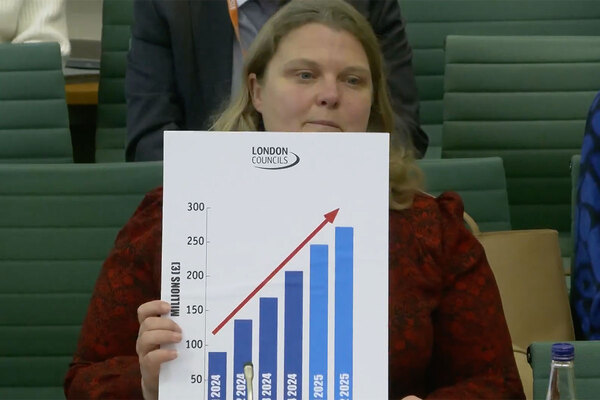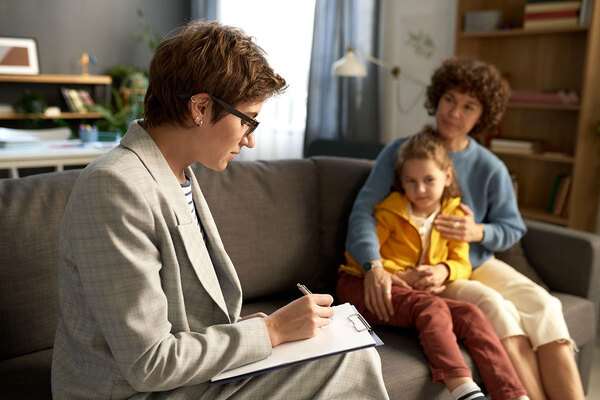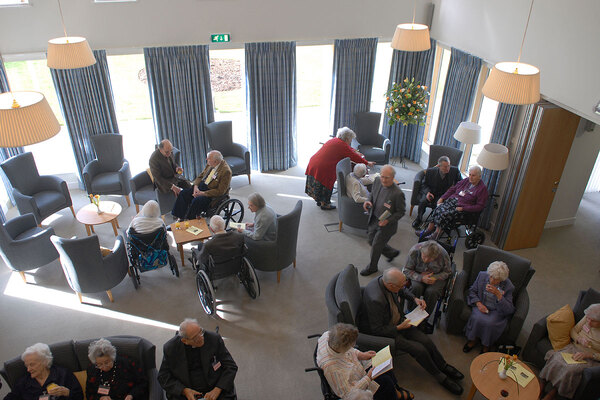Working to meet the net zero challenge today and every day
We all have so much further to go to reduce our carbon footprint, writes Richard Ellis, director of sustainability at Peabody
Today is Earth Day – an annual commemorative day that marks the beginning of the modern environmental cause. It serves as a reminder of the importance of environmental conservation and sustainability, as well as encourages people to come together to take action for a healthier planet and brighter future.
As a large housing association with more than 108,000 homes, we’re investing heavily to make residents’ homes more energy efficient and ensure they meet our target of an Energy Performance Certificate (EPC) rating of C.
We’re committed to building new homes at an average EPC B, switching our fleet to electric vehicles and installing EV charging points at our offices and estates. Solar panels on our newly refurbished head office generate around 12,000 kWh and save 6,250 kg/CO2e a year.
We’re also helping residents reduce the amount of energy they use with our energy advice service.
But this is not enough.
We recently published our emissions data for the year to the end of March 2023. It showed an 8.3% drop in Scope 1 emissions – those that come directly from our operations, such as gas for our heat networks. It also showed a 5.9% drop in Scope 2 emissions – those that come indirectly from our operations, such as electricity from our estates and offices.
Yet, Scope 3 emissions – those associated with our supply chain, such as what’s used in our homes or purchased goods and services – increased 15.4%.
“We can’t reach net zero on our own. We’re taking the opportunity this Earth Day to engage with our colleagues and residents on what we can all do – individually and collectively”
This is positive. Some of the things we’re doing to reduce our carbon footprint are starting to take effect. However, the figures also highlight that there’s a portion of our emissions that we don’t control.
Scope 3 is basically other people’s Scope 1 and 2 emissions. For example, suppliers’ emissions are often out of our control, although we can influence sustainable practices and procurement. Similarly, the emissions generated throughout the construction industry have an impact if we are building or improving a lot of homes.
This shows that we can’t reach net zero on our own. We’re taking the opportunity this Earth Day to engage with our colleagues and residents on what we can all do – individually and collectively – to create positive change and make a lasting difference.
The UK social housing sector can achieve a lot. We’re the first sector to develop a set of standardised metrics to measure and report on our environmental performance. But we also need support from the government to scale up the pace of positive change.
The Social Housing Decarbonisation Fund is welcome and is supporting us to upgrade thousands of residents’ homes. However, there needs to be more flexibility and time for the money to be utilised.
The whole funding ecosystem needs to be simplified and made more transparent. This would help us plan effectively for the long term and retrofit the oldest estates to bring them up to the required EPC standards.
We’d also like to see the VAT charged on refurbishment removed to incentivise retrofit and energy efficiency improvements. This would not only reduce the emissions associated with building, but also stimulate green jobs and sustainable economic growth.
“We’re also working to improve the quality of our data so we know where to prioritise investment to ensure our communities are safe, sustainable and inclusive”
The acute shortage of skilled workers is also a challenge. We need a national approach to building the skills for the future so that we have enough specialist workers to carry out the required work. Without a co-ordinated and appropriately funded national strategy for skills, the country will not get to net zero by 2050.
We’re continually looking for new ideas both for funding and ways of doing things so we can reach our net zero goals. But we need to do this alongside our day-to-day activities to ensure we’re providing value for money. One of our key actions is to take a holistic approach and align energy-efficiency improvements with planned maintenance and investment programmes to reduce disruption and costs.
We’re also working to improve the quality of our data so we know where to prioritise investment to ensure our communities are safe, sustainable and inclusive.
Getting to net zero is about more than just the climate. Done well, the actions we need to take can add social value, improve health and well-being, help to reduce fuel poverty and promote ethical practices. It is a shared endeavour and we all need to work together to achieve our goals.




